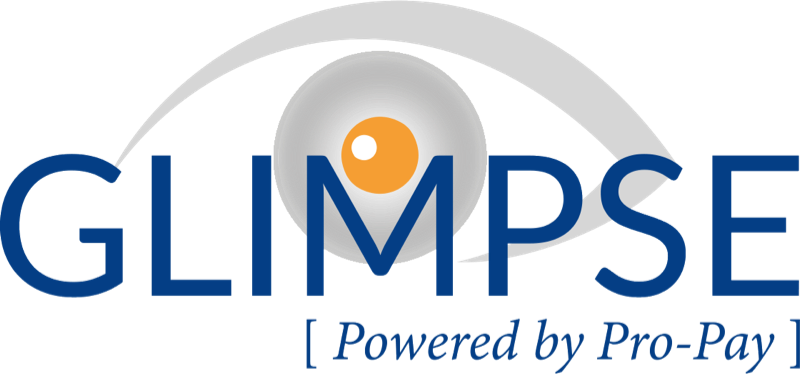What are eco vouchers?
Eco vouchers can be used to purchase ecological goods and services. Given by employers to employees, eco vouchers benefit from a favourable social security and tax treatment, provided that a number of conditions are met.
Conditions
Eco vouchers are exempt from social security contributions given the following:
- The granting of eco vouchers must be stipulated in a collective labour agreement at sector or company level. In certain cases, eco vouchers can also be granted via an individual written agreement.
- Eco vouchers must be issued in the employee’s name. This condition is also met if the relevant data (number of vouchers, amount per voucher) are mentioned on the employee’s individual account/salary slip.
- The eco vouchers can only be used to purchase goods and services with an ecologic nature (see list below). Eco vouchers are valid for a maximum of 24 months.The eco voucher cannot be exchanged for cash
- Eco vouchers may not be granted as a replacement or conversion for salary, premiums or any other existing advantage.
Amounts
The total value of the eco vouchers depends on the sector of industry. The maximum value of a voucher however is €10. The maximum total value an employee can receive for a full reference period is €250. Part time employees will receive a prorated amount based on their percentage of employment during the reference period.
Reference and payment period
The payment period for most sectors of industry is June. Some sectors however do give them in other months. The reference period also depends on the sector of industry, but is mostly equal to the 12 calendar months prior to the payment period. For example: when granted in June 2018, the reference period is June 2017 - May 2018.
Is there an alternative benefit?
The possibility of an alternative benefit depends on the sector of industry and of whether or not there’s a collective agreement on the matter.
List of goods and services
Energy saving
- Purchase and/or placement (by registered contractors) of products or services which qualify to the criteria to obtain a tax reduction for energy‐saving expenses
- Products or services which qualify for a regional allowance within the frame of the policy regarding rational use of energy
- Purchase of products which are specifically for the use of insulation of houses
- Purchase of low‐energy light bulbs, strip lighting and LED lighting
- Electronic devices which exclusively run on solar energy or on manual produce of energy
Water saving
- Water‐saving shower heads
- Recycling tanks for rainwater
- Accessory for water‐saving on taps
- Toilets with eco‐flushes
Promotion of sustainable mobility
- Root filters in diesel passenger cars built up to the year 2005
- LPG installations for passenger cars
- Transport tickets for the use of public transport (excluding season tickets)
- Purchase and maintenance of bicycles
- Lessons for ECO driving
Waste management
- Uploadable and transportable NiMH batteries and the upload devices for these batteries
- Compost barrel
- Products of synthetic materials which fully exists from compostable materials qualifying to the norm NBN EN 13432, as well as washable diapers
- 100% recycled paper which is unbleached or TCF‐bleached
Promotion of ECO design
Products and services with the European ECO label (e.g. toilet paper, detergents,
shampoos, computers, TV’s, camping sites,…)
Promotion of interest in nature
Sustainably managed wood or wooden products (FSC or PEFC or equivalent).
Trees and outdoor plants, flower bulbs and seeds for outdoors, non‐motorized
gardening tools, potting soil and compost, fertilizers with bio‐guarantee.














